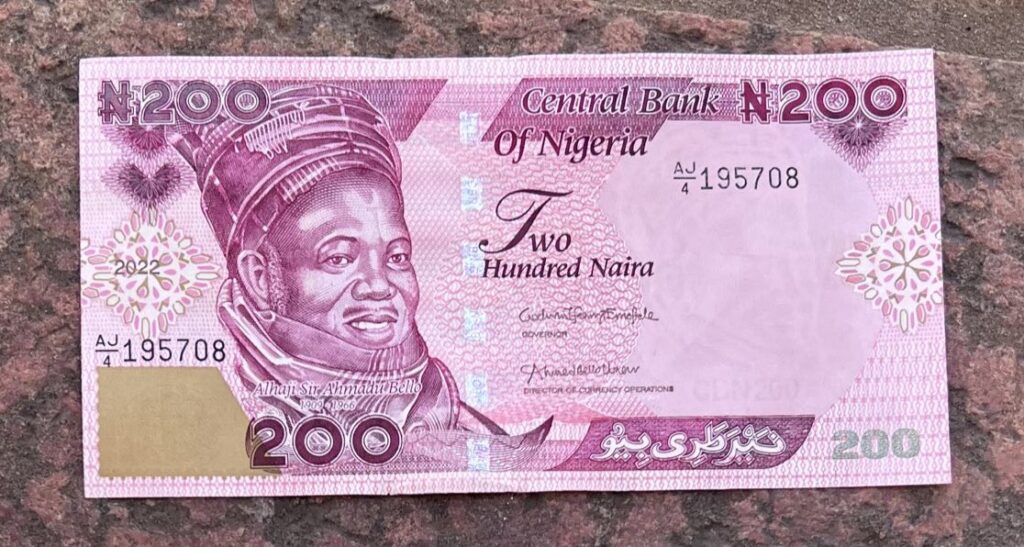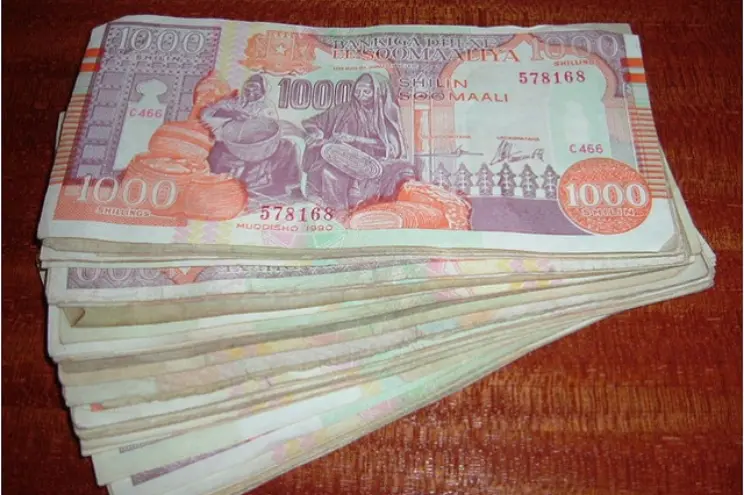The Somalian currency (SOS) is now stronger than the Naira. 1 SOS can buy N2.8, meaning 50,000 SOS is equivalent to 140,000 naira at the time of publication, just as a foreign exchange crisis envelops Africa’s biggest economy amid acute inflation.

SOS gained 157.67 percent against the Nigerian currency from February 1, 2023, to February 1, 2024, according to data obtained from an online fx platform XE.
The two African countries share two common challenges: bad leadership and terrorism. In the Somalia/Kenya region, the dreaded terror group Al-Shabab operates, while its counterpart, Boko Haram, operates in the Nigeria/Chad region.
Not just SOS/NGN
As of May 2, 2022, when we compiled the list of 26 African currencies that the Naira is stronger than, 1 SOS was valued at just N.78 Kobo.
However, over time, more than 20 of the currencies under our FX radar have become stronger than the Naira due to the continued depreciation of the Nigerian currency.
Background
Trouble started for the Naira when President Bola Tinubu floated it, declaring that his government would not artificially peg the Naira against the US Dollar, unlike his predecessor who actively pursued pegging for eight years to maintain a certain value for the Nigerian currency.
Tinubu believes that the Naira should find its true value in the exchange market, emphasizing that his administration will not artificially prop up the value of the Nigerian currency.
Unconfirmed reports suggest that his predecessor, Muhammad Buhari, artificially propped up the value of the Naira with a whopping $1.5 billion per month or more, depending on the circumstances. Unfortunately, most of these funds were alleged to have gone into private pockets or racketeering.
At the close of business on February 20, 2024, 1 USD would buy N1,790, EUR/NGN ranged from N1,900 to N1,920, and 1 Great Britain Pound (GBP) would exchange for 2,200 naira at the parallel FX market, commonly known as the black market among Nigerians.
Nigeria’s foreign exchange market is governed by the official market, officially recognized and monitored by the government, and the parallel market, an unofficial and free-for-all market for street FX traders.
However, the system is skewed in such a way that the unofficial market is more accessible and readily available for those who can afford its terms.


